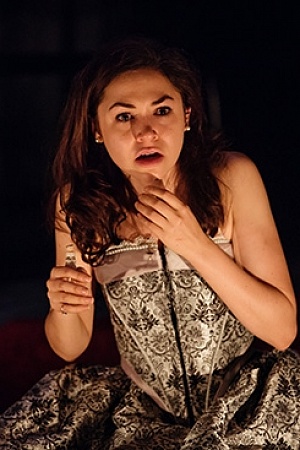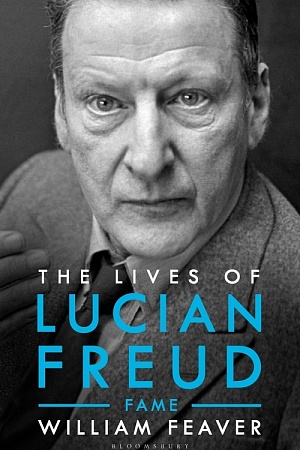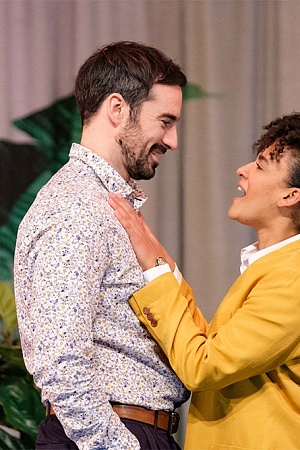Three Sisters (Sydney Theatre Company) ★★★
After decades of English-language Chekhov productions following in the footsteps of Stanislavsky and Komisarjevsky in which historically accurately costumed actors wandered around a stage awash with gloom and torpor declaiming Constance Garnett’s constipated translations, directors finally discovered that the plays were strong enough to be removed from their original place and period. Janet Suzman’s magnificent Cherry Orchard (1997) transported the play to contemporary South Africa and Michael Blakemore, in his film Country Life (1994), showed that Uncle Vanya could work if it were transposed to Western Australia. Recently, Benedict Andrews’s modernised Three Sisters at the Young Vic (2012) was well received. Now the Sydney Theatre Company is presenting its own updated version. One is as unlikely to see a samovar in a contemporary Chekhov production as a horned helmet in a modern production of Wagner’s Ring.
Continue reading for only $10 per month. Subscribe and gain full access to Australian Book Review. Already a subscriber? Sign in. If you need assistance, feel free to contact us.















Comments (3)
Living closer to the Yarra, I have also learned to avoid Simon Stone’s equally arrogant, gratuitously ‘different’ versions of Chekhov’s plays. Yet it is certainly not the case that no modern adaptation is acceptable. Michael Blakemore’s 1995 version of 'Uncle Vanya', the action transported to a sheep ranch in 1919 Australia, worked superbly. Accurately described in the New York Times of July 2 as a film of charm and visual splendor; it did no insult to the original. Not for him the brash assumption of many who mess with Chekhov that they are therefore on a par with him.
Leave a comment
If you are an ABR subscriber, you will need to sign in to post a comment.
If you have forgotten your sign in details, or if you receive an error message when trying to submit your comment, please email your comment (and the name of the article to which it relates) to ABR Comments. We will review your comment and, subject to approval, we will post it under your name.
Please note that all comments must be approved by ABR and comply with our Terms & Conditions.